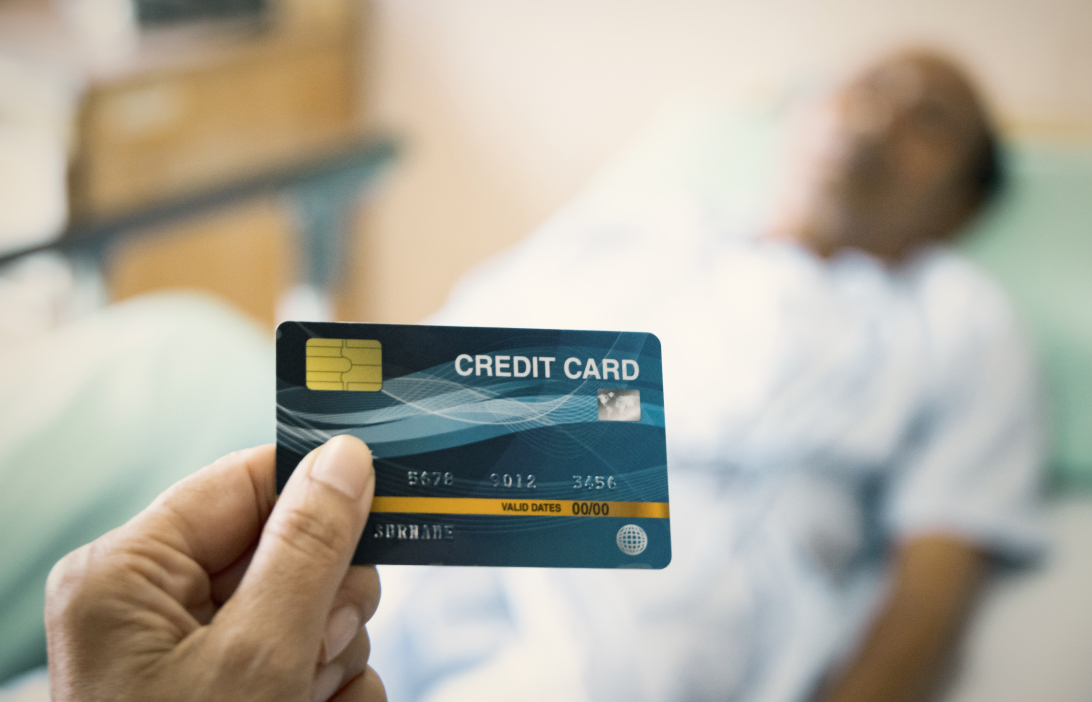Introduction
For healthcare providers, maintaining healthy cash flow is just as vital as delivering quality patient care. Rising treatment costs, complex insurance claims, and patient non-payment often leave hospitals, clinics, and private practices struggling with bad debt. Left unchecked, this not only affects financial stability but can also limit investment in staff, technology, and essential services.
The good news? With the right strategies and professional support, healthcare providers can significantly reduce bad debt while improving overall cash flow. In this article, we’ll explore proactive measures healthcare organisations can take and how Legal Recoveries & Collections (LRC) supports providers in strengthening financial resilience.
Why Bad Debt Is a Growing Challenge in Healthcare
Bad debt in healthcare occurs when patients or insurers fail to pay their medical bills. Common causes include:
- Insurance shortfalls – where treatment costs exceed cover.
- High deductibles and co-pays – leaving patients with large out-of-pocket expenses.
- Billing confusion – unclear invoices leading to delayed or disputed payments.
- Economic pressures – patients unable to meet financial obligations due to cost of living challenges.
The result is that many healthcare providers are writing off increasing amounts of unpaid debt each year, straining operating budgets.
Proactive Credit Control: Stopping Debt Before It Starts
Strong credit control processes are the first line of defence against bad debt. By establishing clear payment terms and monitoring patient accounts, providers can minimise the risk of arrears. Practical steps include:
- Clear communication at admission – ensure patients understand their payment responsibilities upfront.
- Accurate billing – reduce errors that cause delays or disputes.
- Early reminders – follow up quickly when accounts become overdue.
- Flexible payment plans – allow patients to spread the cost of care, improving the chance of repayment.
For many providers, outsourcing credit control to a specialist like LRC can help reduce administrative strain while ensuring processes remain professional and compliant.
Pre-Legal Debt Recovery: Protecting Relationships While Collecting Payments
 When accounts fall overdue, a pre-legal debt recovery approach can resolve matters without resorting to court action. This stage involves professional but sensitive communication with patients, reminding them of outstanding balances and offering repayment solutions.
When accounts fall overdue, a pre-legal debt recovery approach can resolve matters without resorting to court action. This stage involves professional but sensitive communication with patients, reminding them of outstanding balances and offering repayment solutions.
LRC’s pre-legal recovery services are particularly effective for healthcare organisations because they:
- Maintain patient relationships through a respectful, ethical approach.
- Increase recovery rates by encouraging payment before legal escalation.
- Free up in-house finance teams to focus on patient care, not debt chasing.
Legal Recovery and Enforcement: When Stronger Action Is Needed
Unfortunately, not all cases can be resolved pre-legally. For stubborn debts, healthcare providers may need to take legal action to protect cash flow. Legal recovery and enforcement services cover the full process, including:
- Issuing court proceedings to secure judgments.
- Enforcing judgments through methods such as attachment of earnings, charging orders, or High Court Enforcement Officers.
- Managing the case from start to finish to maximise recovery chances.
At LRC, all legal recoveries are handled in-house by experienced solicitors, ensuring compliance and efficiency throughout.
The Role of Tracing and Asset Reports in Healthcare Debt Recovery
Some patients or guarantors may relocate or attempt to avoid repayment. In these situations, tracing and asset reports are invaluable. They help healthcare providers identify:
- Current addresses and employment details.
- Assets such as property ownership.
- Financial status to determine repayment ability.
By accessing this intelligence, healthcare providers can make informed decisions about whether to pursue recovery or write off debt as uncollectable.
How Improving Cash Flow Benefits Healthcare Providers
Reducing bad debt is not just about protecting the bottom line , it has wider benefits for healthcare organisations, including:
- Reinvestment in patient care – more funds available for staff, equipment, and facilities.
- Operational stability – stronger cash flow ensures predictable budgeting.
- Reduced borrowing needs – minimising reliance on loans or credit to cover running costs.
- Enhanced patient experience – smoother billing processes and flexible repayment options help maintain trust.
Partnering with Specialists: Why Choose LRC
For over 20 years, Legal Recoveries & Collections has supported healthcare providers with tailored solutions to reduce bad debt and improve financial performance. Our services include:
- Pre-legal debt recovery to encourage settlement without court action.
- Full legal recoveries and enforcement handled in-house.
- Insolvency services where necessary.
- Tracing and asset reporting to guide recovery decisions.
- Credit control support to prevent future arrears.
- Access to our Online Debt Manager, giving you full visibility of cases, reports, and communications 24/7.
By outsourcing debt recovery to LRC, healthcare providers can focus on their primary mission of delivering high-quality patient care while we handle the financial side with expertise and professionalism.
Conclusion
Bad debt is a growing concern for healthcare providers, but it doesn’t have to derail financial stability. With proactive credit control, effective debt recovery strategies, and professional legal support, providers can improve cash flow while maintaining positive patient relationships.
If your organisation is facing rising levels of unpaid debt, contact Legal Recoveries & Collections today to discuss how we can help you safeguard your finances and focus on what matters most to patient care.
👉 Learn more about our Legal Recoveries & Enforcement services






